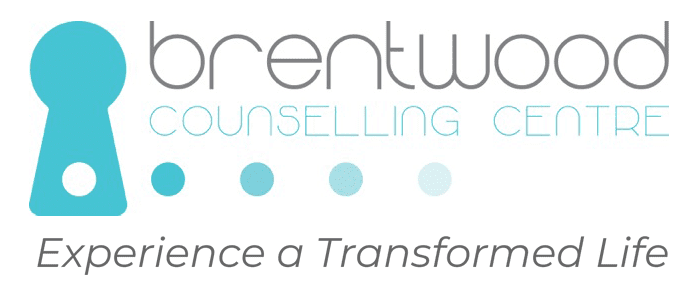Recognizing and Overcoming Hypersensitivity
Has anyone ever told you that you’re too sensitive? Or that you overthink things? Do you second guess your interactions with others, and afterwards, replay the scene over and over again with different versions of what you could have done differently? Do you overexplain to make sure people don’t misunderstand you and get upset?
These are some experiences of people who have anxious attachment. The root of this hypersensitivity develops in childhood.
Early on, you learn that love is conditional and must be earned. Your caregiver is pleased when you behave and obey, get good grades, do your chores, comply with their wishes, and stay out of trouble.
But when they are displeased, you are shamed, guilted, disciplined, lectured, and/or hit. Here are some comments you may have heard growing up:
“Well that’s a poor choice. I wouldn’t do that.”
“After all I’ve done for you, and this is what I get?”
“You’re so stupid, what were you thinking?”
“See what you’ve done now?”
“The things I have to do for you.”
“You are so ungrateful/spoiled/entitled.”
“Fine, just do what you want. I was just trying to care.”
Versions of these comments are made whenever you fight back, disagree with your caregiver, or you assert your opinion that they don’t like.
You learn that in order for your caregiver to accept and approve of you, you need to comply and obey…to trade in autonomy for attachment.
A lifetime of feeling bad and learning how to make your caregivers like you and not get in trouble teaches you that your needs are secondary to others. Moreover, that for you to feel good about yourself, you need to make others feel good. So, if they are okay with you, then you can feel okay about yourself.
In adulthood relationships, you are always on edge, thinking 10 steps ahead, anticipating what others need, what they may be thinking, what could potentially go wrong, and overcompensate to ensure that you don’t get criticized, others like you, and you don’t disappoint them. Any signs of rejection make you feel bad, like you’re not good enough.
You are conditioned to be oversensitive to cues of rejection and abandonment. And as a result, you overthink things, second guess your behaviour, replay interactions, overexplain, overcompensate, and perhaps overdo in relationships.
Here’s the thing…although this works for you, it also works against you. Let me explain. It works for you because people see you as reliable, nice, and caring. They are pleased with you. But it works against you because you need to try so hard to control others, control situations, and control how others think and feel about you. You want them to be pleased with you.
But it’s never enough and your self-worth is always tied to what others think about you. Or at least what YOU think, they think about you. And you never feel good enough.
It’s exhausting.
To heal from the harm done to you, and the harm you continue to do to yourself, practice these things daily:
- Slow down. Stay in the present moment.
When your mind overthinks, rehearses, replays, overexplains, or overdoes, PAUSE. Stay focused in the present moment and remind yourself that everything is fine. Nothing bad is happening or is about to happen.
- Rewire your brain.
When your mind wanders to the worst case scenario, bring it back to the best case scenario. Be fair. Don’t just hyperfocus on the negative. Retrain your brain to stay in the positive.
- Remind yourself these people are not your caregivers.
People are not out to get you and you don’t have to hustle for your worth anymore.
- Your worth is not based on other’s opinion of you.
Or at least what you think, they think about you. Actually, people are not thinking about you at all. They are too busy thinking about themselves. Just like how you are right now. Really.
- Your worth is based on who you are, not what you do.
You no longer have to hustle for approval and acceptance. Furthermore, you get to decide how you feel about yourself, not others. Start reminding yourself of the good things about yourself, what you like about yourself, and why you are enough.
With intention, practice, and patience, you will overcome your anxious attachment and become the person you were always meant to be, secure, healthy, and happy. You get to choose your own ending. Hope you choose well, and live well.







